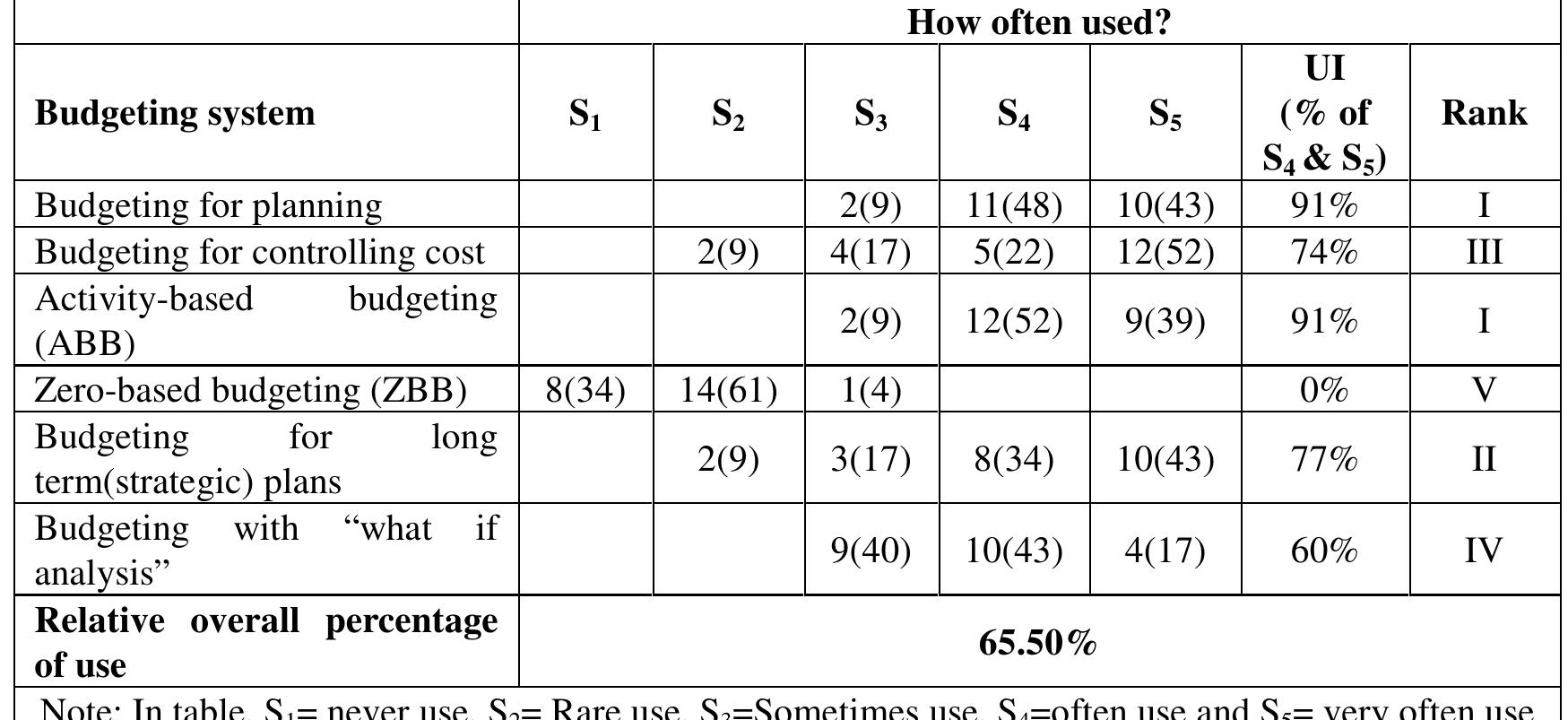Key research themes
1. How do management accounting practices influence organizational performance, and what factors affect their adoption in different contexts?
This theme investigates the range and impact of management accounting practices (MAPs) on the performance of organizations, especially manufacturing firms and hospitality sectors, while also exploring the factors influencing the adoption and sophistication of these practices. The importance lies in understanding how MAPs contribute to decision-making and control, regional and sectoral variations in their use, and the interaction with organizational and environmental contingencies.
2. How have strategic management accounting and strategic cost management evolved to enhance decision-making beyond traditional management accounting?
This theme explores the conceptual development and empirical validation of strategic management accounting (SMA) and strategic cost management (SCM) as advanced extensions of traditional management accounting, aiming to support strategic decision-making and competitive advantage. Understanding these relationships is critical given the limitations of traditional practices and the increasing complexity and competitiveness of modern business environments.
3. What theoretical frameworks explain the formation, institutionalization, and foundation of management accounting routines and cost consciousness in organizations?
This theme focuses on the microfoundations and institutional perspectives underlying management accounting routines, practices, and cost consciousness. It investigates how management accounting routines emerge, stabilize, and influence organizational behavior and cost awareness, contributing to a deeper understanding of the role of routines and management control systems in shaping accounting practices and organizational performance.
























































